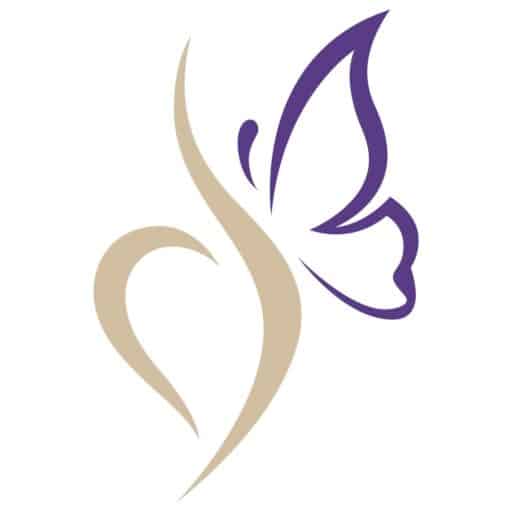Struggling with concerns about your eating habits can be overwhelming and confusing. You may find yourself asking, “Do I have an eating disorder?” It’s important to explore these questions and seek guidance if you’re worried about your relationship with food and body image. This article aims to address some of the common questions surrounding eating disorders and provide information to help you gain a better understanding of the topic.
Understanding Eating Disorders:
Eating disorders are complex mental health conditions that affect people of all ages, genders, and backgrounds. They involve distorted attitudes towards food, weight, and body shape. It’s crucial to remember that everyone’s experience with an eating disorder is unique, and symptoms can vary greatly between individuals.
Common Questions:
1. What are the warning signs of an eating disorder?
Recognizing the warning signs early on is essential for prompt intervention. Common warning signs include severe weight loss or fluctuations, obsessive preoccupation with food or calories, excessive exercise routines, avoidance of social situations involving food, frequently going to the bathroom after meals (possible sign of purging), or a constant negative body image. If you notice any of these signs in yourself or someone you know, it’s important to take them seriously and seek professional help.
2. How do I know if my relationship with food is unhealthy?
It can be challenging to distinguish between normal concerns about dieting and disordered eating behaviors. However, there are certain red flags that indicate an unhealthy relationship with food. If you constantly think about what you eat or feel guilty after eating certain foods; if you have strict rules around mealtimes or types of food you can eat; if your self-esteem is overly tied to your weight or appearance; if you frequently skip meals or engage in extreme dieting behaviors – these could be indications that your relationship with food needs attention.
3. Should I seek professional help?
If you suspect that you may have an eating disorder or are concerned about your behaviors and thoughts around food, seeking professional help is strongly recommended. Eating disorders can have serious physical and psychological consequences if left untreated. A doctor, therapist, or counselor experienced in treating eating disorders can assess your situation and provide appropriate guidance or treatment options tailored to your specific needs.
4. Can I recover from an eating disorder?
Absolutely! Recovery from an eating disorder is possible with the right support and treatment. It’s important to remember that recovery looks different for everyone, as it involves addressing underlying psychological, emotional, and physical factors. With proper treatment and a strong support system, individuals can regain a healthy relationship with food and learn to appreciate their bodies as they heal both mentally and physically.
5. Where can I find help?
Finding the right support system is crucial on the road to recovery. Start by reaching out to a healthcare professional such as a doctor or therapist who specializes in treating eating disorders. They can provide an accurate diagnosis, develop a personalized treatment plan based on your unique needs, and connect you with additional resources such as support groups or nutritionists specializing in disordered eating. You don’t have to face this journey alone – there are people ready to help you every step of the way.

Taking the step to seek help is not easy but crucial in getting the support you need to address any potential eating disorder. Remember that reaching out for help is a sign of strength, not weakness. You deserve to have a healthy relationship with food and body image.
If you’re hesitant about seeking professional help at this time, confiding in a trusted friend or family member can be a valuable first step. They can offer emotional support and help guide you towards appropriate resources until you feel ready to consult with a healthcare professional.
Conclusion:
If you’re questioning whether you have an eating disorder, it’s vital to educate yourself about the warning signs and seek guidance from professionals who specialize in this area. Remember that eating disorders are treatable conditions, and seeking help is the first step towards recovery. You don’t have to face this journey alone – there is support available to you. Don’t hesitate to reach out to the Living in Grace Foundation – your well-being matters!

